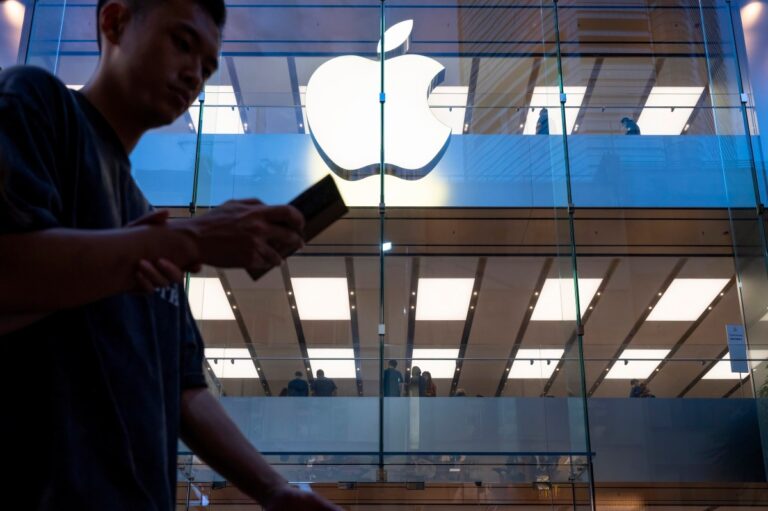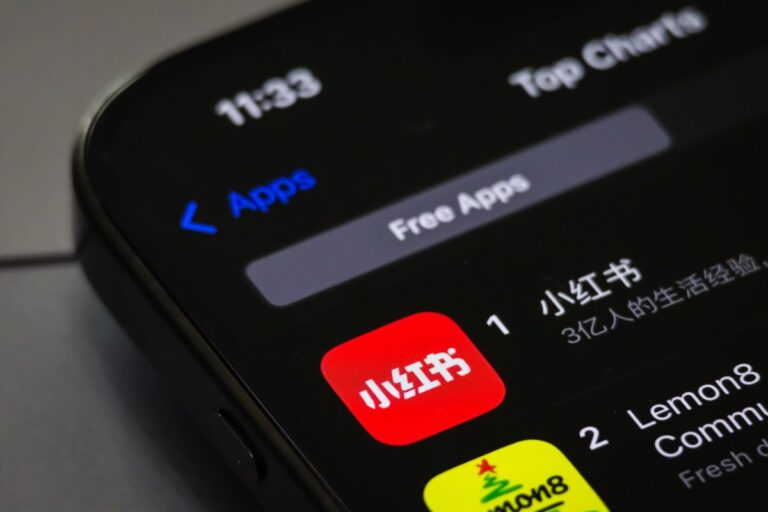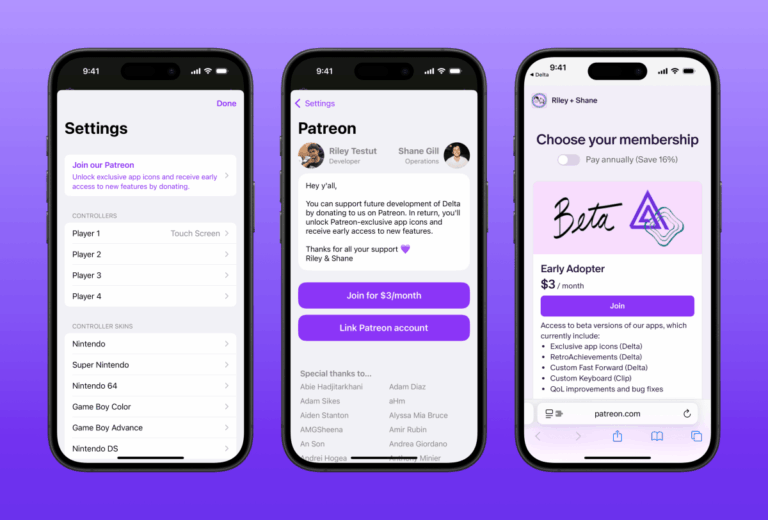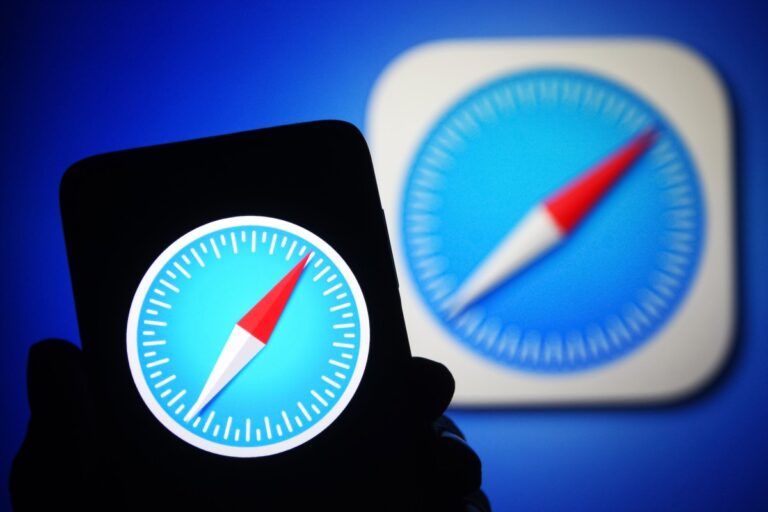Unpacking the Apple-Epic Court Ruling: Essential Highlights You Can’t Miss!
In a recent high-profile ruling, Judge Yvonne Gonzalez Rogers expressed her frustration with Apple, marking a significant moment in the ongoing legal battle between Apple and Epic Games, the creator of Fortnite. This 80-page decision highlights Apple’s alleged noncompliance with court orders, particularly in regard to its App Store payment practices.
Judge’s Criticism of Apple’s Anticompetitive Practices
Judge Rogers criticized Apple for its anticompetitive behavior, particularly concerning how the tech giant has managed app developers’ payment options. Although the court initially ruled that Apple was not a monopolist, it did identify specific anticompetitive practices that warranted attention.
Key Points from the Ruling
- Linking Payment Options: The judge mandated that developers must be allowed to link to alternative payment methods, which would enable them to bypass Apple’s 30% commission on in-app purchases.
- Apple’s Commission Reduction: Apple only reduced its commission to 27% for external payments, which, coupled with additional warnings to users (termed “scare screens”), could lead to higher costs for developers due to payment processing fees.
- Impact on Developer Relations: The ruling indicates that Apple’s practices have not only harmed its reputation but have also strained its relationship with the iOS developer community.
Judge’s Strong Statements Against Apple
Throughout her decision, Judge Rogers did not hold back in expressing her discontent with Apple’s tactics, including:
- Misleading Testimony: She accused Apple’s Vice President of Finance, Alex Roman, of lying under oath, suggesting that Apple was aware of its anticompetitive actions.
- Failure to Comply: The judge emphasized that Apple’s insistence on imposing new commission structures violated the court’s injunction, stating, “This is an injunction, not a negotiation.”
- Delaying Tactics: The ruling highlights that Apple engaged in tactics to delay proceedings to protect its profits, further complicating the legal landscape.
Apple’s Response and Next Steps
In response to the court’s ruling, Apple stated, “We strongly disagree with the decision. We will comply with the court’s order and we will appeal.” This appeal is likely to prolong the ongoing battle over App Store policies and developer rights.
Implications for App Developers
The ruling has significant implications for app developers utilizing the App Store. Key takeaways include:
- Developers now have the legal backing to pursue alternative payment options without fear of heavy penalties from Apple.
- The judge’s ruling may pave the way for increased competition in the app market, potentially benefiting consumers.
- Apple’s ongoing legal issues may impact its future policies and practices regarding app payments and developer relations.
Conclusion
This ruling is a pivotal moment in the tech landscape, illustrating the ongoing tensions between large tech companies and regulatory frameworks. As this case unfolds, the outcomes may reshape how digital marketplaces operate and how companies like Apple engage with developers. For more information on this topic, you can visit TechCrunch or explore related articles on developer relations.







